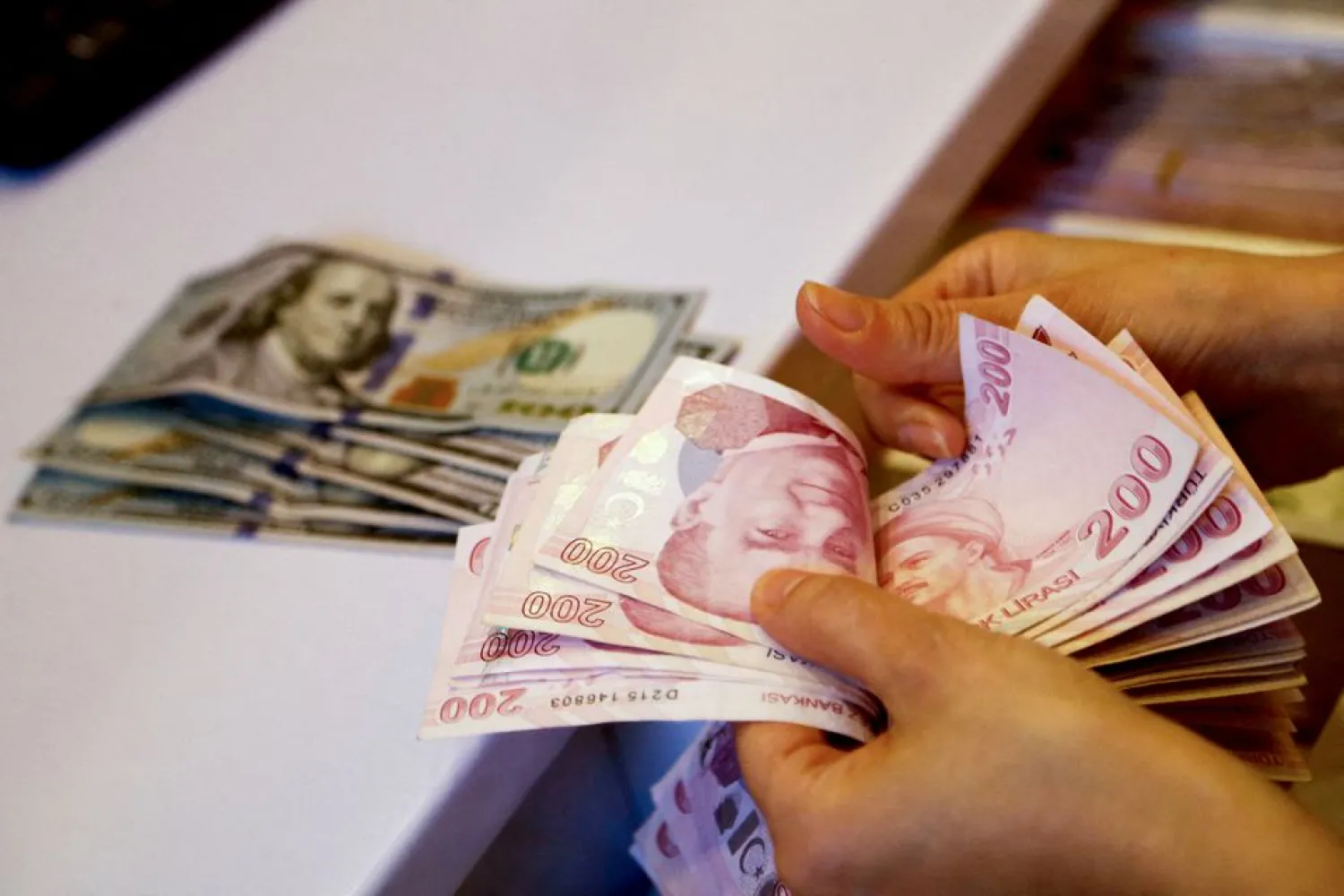Turkey's financial markets saw their wildest 48 hours in decades after a plunge in the lira forced the government into a radical new plan to convince Turks to stick with the currency.
Incentives include a promise to hand out money if the country's inflation rate continues to exceed banks' savings rates, the removal of a withholding tax normally charged on the government's domestic bonds and an increase in private pension contributions.
The lira had threatened to spin out of control having lost more than half of its value since the central bank began slashing interest rates in September. The new plan triggered a 32% rebound on the view that Turks are less likely to panic and convert all their lira into dollars or gold for now, according to Reuters.
The jump has put the currency on course for its second best week in recent memory with only a 33% gain in 2001 surpassing it.
Currency experts caution that it has happened at the quietest time of the year in FX markets meaning there has been little resistance to the moves.
It also meant any trader who was shorting the currency - or betting it would continue to fall - would have been forced to quickly close their bets to prevent major losses.
Many of those bets are made using currency swaps, so in the mass scramble to safety the swap rates spiked.
The rebound would have been amplified because most big banks and traders have closed positions ahead of the Christmas break at the end of the week, meaning reduced volumes.
Refinitiv data, which covers a select group of platforms, shows trading volumes over the last two days of 34,000 and 41,000 lots, some of the lowest of the year.
The main FX market lira volatility gauges were already at record highs after the lira hit record lows last week but they rose further after the lira saw one of its biggest intraday swings - 55% at is most extreme - yet.
The country's main stock market was also forced to halt trading repeatedly as stocks winced at the sharp jump in the currency. Istanbul's main bourse (.XU100) is down over 13% since Monday, putting it on course for its worst week since the 2008 financial crisis.









